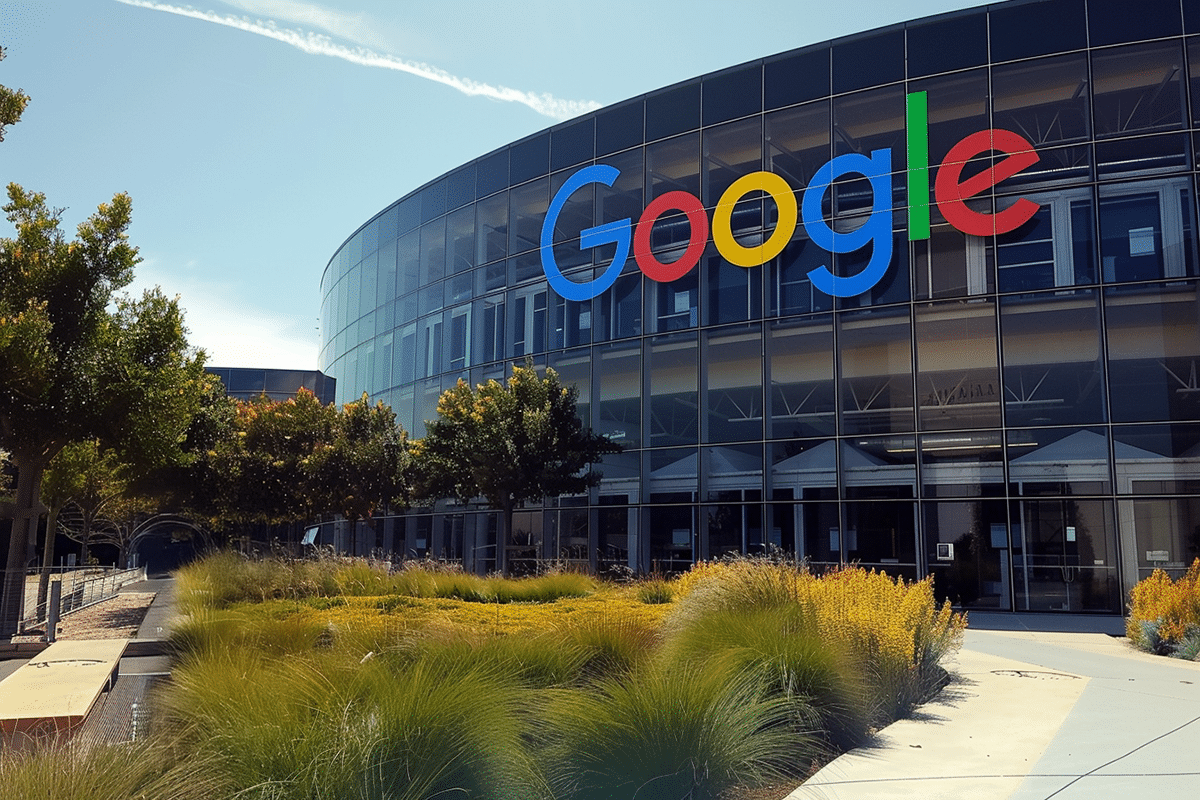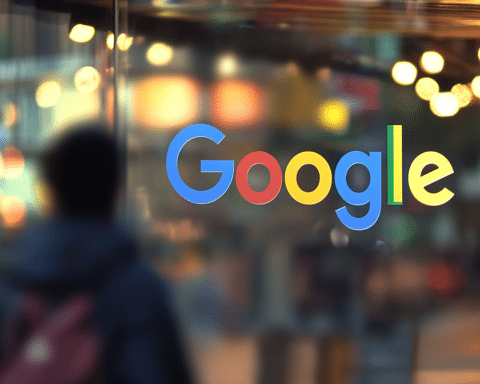Google has successfully overturned a €1.49 billion ($1.66 billion) fine imposed by the European Union (EU) for antitrust violations related to its AdSense advertising service. The ruling, issued by the EU’s General Court, marks a significant victory for the tech giant in its ongoing legal battles with European regulators. The court annulled the 2019 fine, determining that the European Commission, the EU’s competition authority, had failed to fully assess the broader circumstances surrounding the case.
The Case Against Google
The European Commission had originally fined Google, owned by Alphabet, for allegedly abusing its dominant position in the online advertising market. According to the Commission, Google had imposed restrictive terms that prevented third-party websites from using ad brokers other than its own AdSense platform to display search ads. These practices were said to have taken place over a ten-year period from 2006 to 2016.
The case was part of a larger EU crackdown on Big Tech companies, spearheaded by Margrethe Vestager, the EU’s antitrust chief. This campaign had previously resulted in several major fines against companies like Google and Apple, aimed at curbing monopolistic behavior and ensuring fair competition in the digital market. Vestager’s tenure has been marked by mixed results in court, though she has also secured significant victories in other cases involving large tech firms.
Court Ruling and Key Findings
The EU’s General Court, part of the European Court of Justice, largely agreed with the Commission’s assessment of Google’s conduct but decided to annul the fine. The judges ruled that the European Commission had not sufficiently proven that Google’s actions had stifled innovation, helped maintain its market dominance, or harmed consumers. Without these critical elements, the court determined that the fine was unjustified.
This decision comes after Google had already made changes to its AdSense contracts in 2016, prior to the European Commission’s final ruling. These changes removed the provisions that were at the heart of the Commission’s complaint, thereby addressing some of the concerns raised during the investigation.
While Google celebrated the court’s decision, the European Commission has indicated that it will study the judgment closely and consider further legal options, including a possible appeal to the European Court of Justice. If the Commission chooses to pursue the matter further, it could reignite the legal battle and prolong the dispute.
Google’s Broader Legal Challenges
The annulled fine was just one of several penalties imposed on Google by the European Commission in recent years. In total, Google has faced fines amounting to €8.25 billion ($9.18 billion) as a result of various antitrust investigations. This includes cases involving Google’s practices in online search advertising, mobile operating systems, and online shopping services.
The €1.49 billion fine related to AdSense was triggered by a complaint from Microsoft in 2010. This complaint highlighted Google’s alleged misuse of its market power to suppress competition from other advertising service providers. The Commission ultimately ruled against Google in 2019, leading to the fine that has now been overturned.
Qualcomm’s Parallel Legal Fight
Meanwhile, Qualcomm, another major player in the tech industry, also faced a significant setback in its efforts to overturn an antitrust fine levied by the European Commission. Although Qualcomm managed to slightly reduce its fine from €242 million to €238.7 million, the General Court dismissed the company’s primary arguments.
The Commission had fined Qualcomm in 2019 for engaging in predatory pricing practices between 2009 and 2011. Specifically, Qualcomm was accused of selling its chipsets below cost to stifle competition from British software maker Icera, now part of Nvidia. Qualcomm may also choose to appeal the court’s decision, leaving the door open for further legal battles.
Impact on EU’s Antitrust Strategy
The mixed results of these rulings underscore the complexities of the European Commission’s ongoing efforts to regulate the market power of large tech companies. Vestager’s antitrust campaigns have been influential in setting a precedent for holding tech giants accountable, but the recent court decisions illustrate the challenges of defending these actions in court.
For Google, the annulment of the €1.49 billion fine is a notable victory, offering some relief from the growing list of financial penalties imposed by the EU. However, with the Commission hinting at a possible appeal, the company’s legal challenges in Europe may be far from over.
As the EU continues to refine its approach to competition law, these cases will likely influence how regulators tackle the dominance of tech companies in the future. Both Google and Qualcomm’s cases are reminders of the delicate balance between fostering innovation and ensuring a competitive, fair market for all players.




